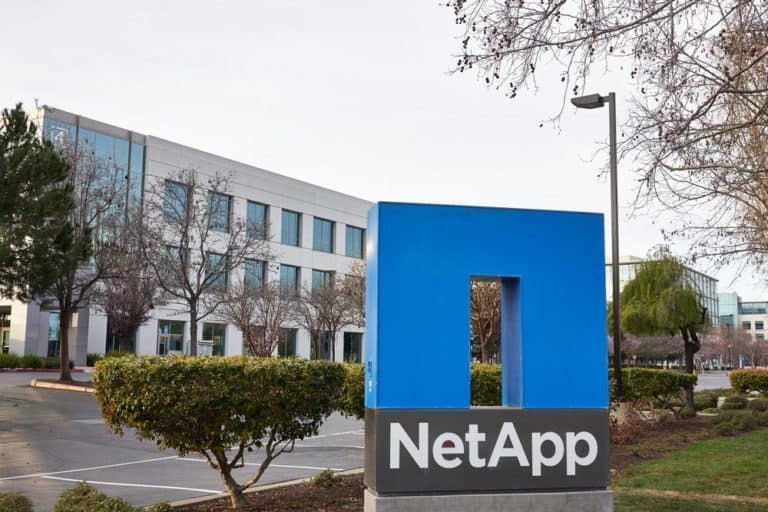NetApp acquires Data Mechanic to enable their customers to use the Apache Spark analytics engine on Kubernetes’s platform for optimization purposes.
NetApp has revealed that it has acquired Data Mechanics, a startup providing cloud analytics and big-data processing on an enterprise-scale through a cloud-based platform they have created. The details surrounding the price of the acquisition have not been disclosed.
Data Mechanics has its headquarters in Paris and is privately owned. It will enable businesses to utilize Apache Spark. This analytics engine is open source and unified to allow machine learning and large-scale data processing to happen quickly on their Kubernetes platform.
Spark is the interface provider to program complete server clusters using fault tolerance and data parallelism so transactions can happen speedily. Kubernetes is a container orchestration system, which is open source and used to automate scaling, management, and computer application deployment.
Why did this deal take place?
NetApp is based in Sunnyvale, California, and was established back in 1992 as a storage hardware company. Since then, it has worked to adapt its software and hardware to create cloud services.
It now also sells microservices, machine learning, generation containers, and analytics as part of a product set users can utilize to automate manual processes and evaluate the efficiency of their storage systems.
Data Mechanics is just two years old and was co-founded by Stephan Jean-Yves and Julien Dumazert. It provides NetApp a cost-effective, simpler way to access IT departments across many industries to leverage Apache Spark in advancing their cloud and data initiatives.
Spot was acquired less than a year ago by NetApp and is a CloudOps provider used to optimize and automate workloads in public cloud environments. Data Mechanics IP and staff are anticipated to be integrated with Spot’s portfolio and team to accelerate NetApp’s development of Spot Wave, a storage package used to optimize, automate and simplify Spark workloads in public clouds.
